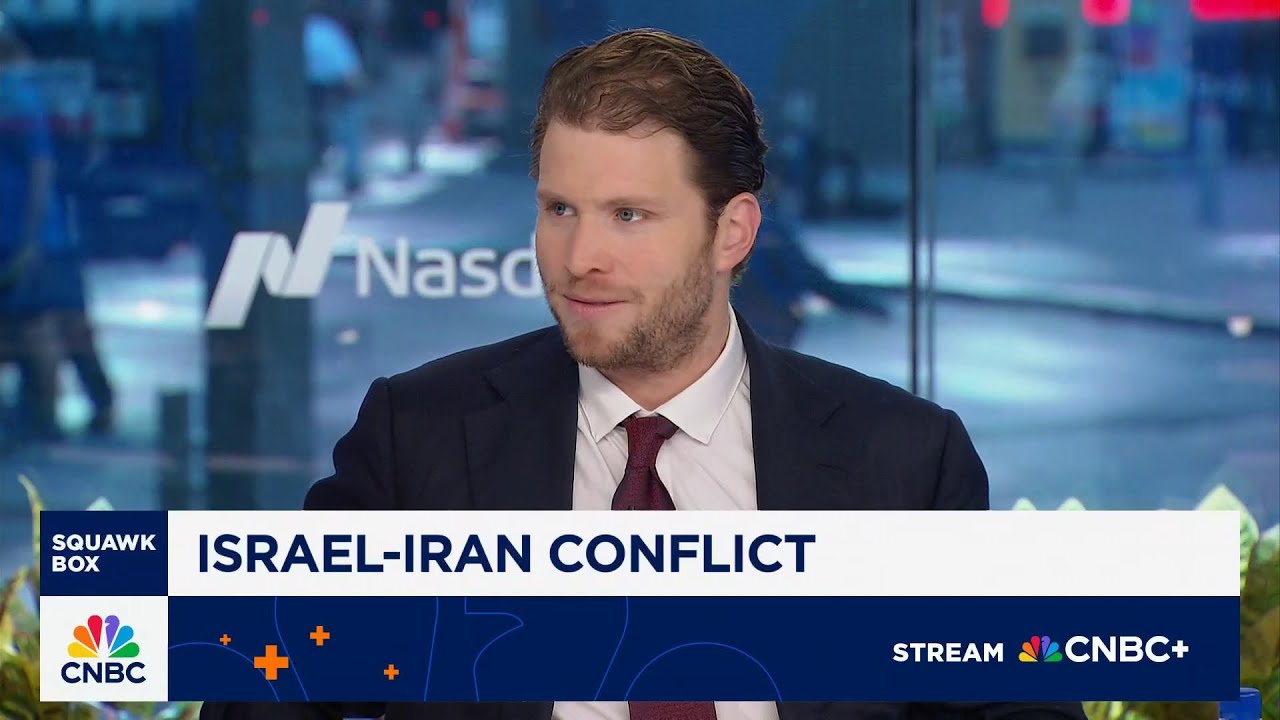Palantir co-founder Joe Lonsdale discusses the geopolitical complexities of Iran, advocating for limiting its nuclear capabilities while hoping for a future republic, and highlights the competitive, high-stakes nature of the AI industry, particularly the evolving dynamics between Microsoft and OpenAI. He also comments on Dogecoin and Elon Musk’s views on AI and government, emphasizing the importance of functional governance to ensure AI benefits society, and reflects on the escalating talent war in tech driven by massive compensation packages.
In the discussion, Palantir co-founder Joe Lonsdale addresses the complex geopolitical situation surrounding Iran, emphasizing that the Iranian population, including Persians and Kurds, could be natural allies of the West if not for the current theocratic regime. He highlights the distinction between Iran and other Middle Eastern countries, noting that Iran was once a modern nation before being overtaken by religious extremists. Lonsdale expresses hope for a future where Iran could become a republic, making it a viable place for investment and cooperation, contrasting it with more challenging environments like Afghanistan.
Regarding the U.S. and Israeli stance on Iran’s nuclear ambitions, Lonsdale clarifies that the current U.S. administration’s official goal is to limit Iran’s nuclear threat rather than pursue regime change. He supports the objective of preventing Iran from acquiring nuclear weapons, stressing the importance of stopping a hostile regime from gaining such capabilities. He also discusses the technical feasibility of using bunker-buster bombs to neutralize Iran’s nuclear facilities, affirming that these weapons are effective and should be employed if necessary, while acknowledging the strategic complexity involved.
The conversation shifts to the evolving dynamics in the AI industry, particularly the relationship between Microsoft and OpenAI. Lonsdale observes that while they remain partners, both entities are preparing to compete independently in the rapidly advancing AI landscape. He points out the enormous financial investments required to develop AI technologies, noting that profitability is still uncertain and that fierce competition characterizes the sector. This environment underscores the challenges of sustaining innovation while managing strategic alliances.
On the topic of Dogecoin and Elon Musk’s recent comments, Lonsdale expresses mixed feelings. He appreciates the ongoing efforts of talented individuals working on Dogecoin and supports Musk’s overall vision but critiques Musk’s recent suggestion that the rise of AI diminishes the need for government intervention. Lonsdale argues that AI should enhance society through established Western values and institutions, emphasizing the necessity of functional government to ensure AI benefits everyone, particularly in areas like healthcare and education.
Finally, the discussion touches on the intense talent war in the tech industry, highlighted by Meta’s massive spending to attract top AI engineers with multi-million-dollar bonuses. Lonsdale acknowledges the escalating compensation packages as a reflection of the high stakes in AI development. He notes that while large salaries can attract talent, historically, success has come from offering lower salaries paired with significant upside potential, fostering motivation beyond just financial gain. This talent competition is reshaping the industry and influencing how companies strategize to build their AI capabilities.
